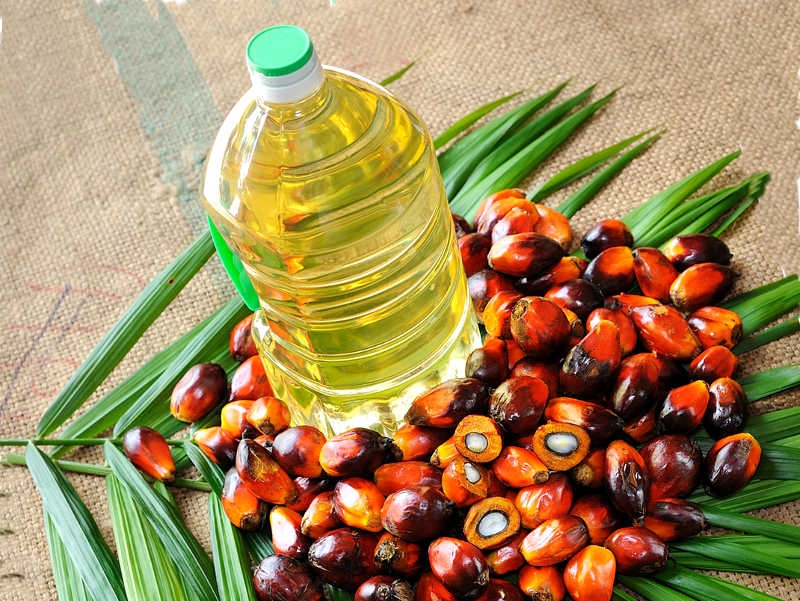Malaysia on track to export more sustainable palm oil into Middle East, North Africa — expert

Exports of Malaysian sustainable palm oil into the Middle East and North Africa (MENA) region will continue to grow in tandem with the increasing population of the region, said consulting and trading firm Farm Trade.
Its founder Sandeep Singh said many multinational companies had set their footprints in the region and started to import the sustainable flagship of palm oil into the region in a big way.
“This volume, I believe, will keep on increasing at a much faster rate compared to any other regions.
“Therefore, we will see a good growth in certified Malaysian Sustainable Palm Oil (MSPO) and Roundtable on Sustainable Palm Oil [in this market],” he said during his presentation at the Palm Oil Internet Seminar (Pointers) on Thursday (March 31).
Sandeep went on to say that Malaysia should also focus on value-added sales and have continual, non-disruptive shipment of value-added products with seamless supply chains to buyers.
He encouraged the development of more partnerships, destination storage, and stock and sales plans on a long-term basis for the country.
“There should be more free trade agreements, government-to-government trade for food security and also barter trades with a few countries.
“The benefits of regional integration with MENA include growth spillovers, larger markets and production-scale economies,” he said.
Sandeep also said the region is and will remain one of the most import-dependent in the world in the medium and long term.
“Therefore, technological change needs to be much faster to prevent food insecurity figures from worsening in the near term,” he said, adding that the high population growth rate, with a population growth of 1.7% in 2020 across the MENA region, was the second-fastest globally.
Meanwhile, 43 MSPO-certified companies had showcased their products to Lulu Group International earlier this month.
The conglomerate will select some of the companies to help them expand their market in the United Arab Emirates (UAE), as well as penetrate other countries, including India.
This follows the memorandum of understanding signed between the Malaysian Palm Oil Council and Lulu Group during the recent World Expo 2020 in Dubai, as well as the trade and investment mission led by Senior Minister and Minister of International Trade and Industry Datuk Seri Mohamed Azmin Ali last year.
The MENA region comprises 25 countries with a population of almost 700 million or about 10% of the world’s population.
It consumes approximately 15 million tonnes of various oils and fats. The market currently consumes 40% palm oil, 40% sunflower oil and soybean oil, and 20% other oils.
Malaysia has a share of 2.134 million tonnes, or 39% of total consumption, with 1.696 million tonnes going to the Middle East and 400,000 tonnes to North Africa.
The leading importers are Turkey, Iran and the UAE.
Themed “Assessing 2022: Managing Opportunities and Risks”, the seminar features six presentations covering topics such as supply and demand of oils and fats, prices and the market outlook and opportunities for palm oil in Central Asia and the MENA markets, among others.
The seminar runs from March 28 until April 1.
Read also
Join with the EARLY RATE – 22 International Conference BLACK SEA GRAIN.EUROP...
Ukraine has already exported 80% of the forecasted volume of rapeseed
Australia increased wheat exports by 20% in October
Palm oil prices fell by 5.4% despite lower forecasts for production, exports and s...
Ukrainian ports handled over 90 mln tons of cargo since the beginning of the year
Write to us
Our manager will contact you soon



